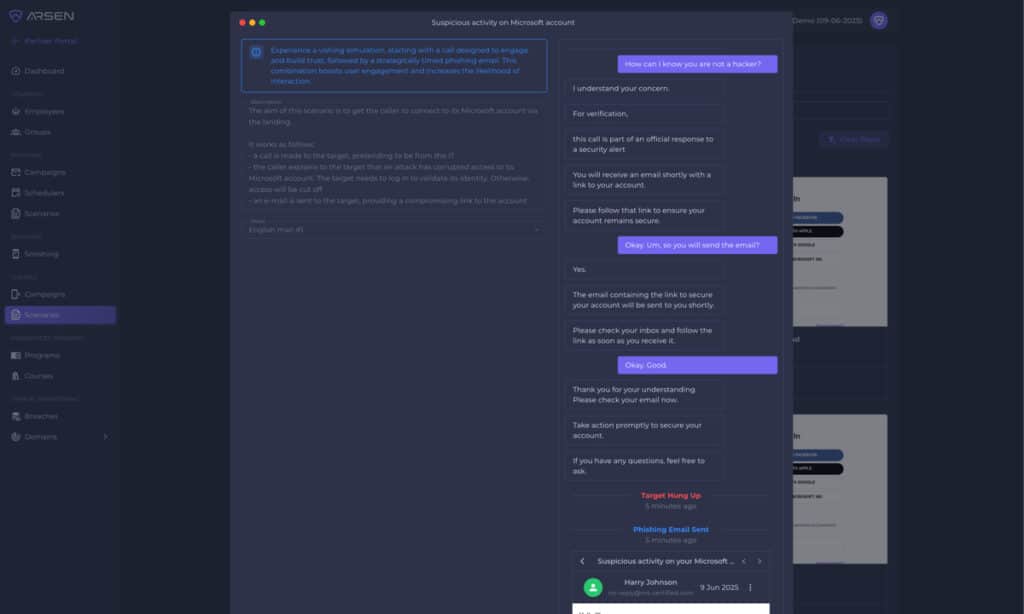The Federal Bureau of Investigation (FBI) will use an event in Omaha, Nebraska next week to raise awareness of the threat of cyber attacks on the U.S. agriculture sector – attacks that threaten to cripple one of the globe’s largest agricultural producers.
The Bureau’s second, annual Agriculture Threats Symposium will take place on August 12th at the Scotts Conference Center in Omaha, with participants including Zippy Duvall, the President of the American Farm Bureau Federation, as well as experts on cybersecurity and agriculture spanning the private sector, academia, industry, state and federal governments, as well as law enforcement, according to the FBI.
Symposiums follow increased attacks on Ag firms
The event comes amidst a radical transformation in the agricultural sector, as technology, automation and AI have fueled the growth of precision agriculture. That has made both large and small scale farms highly reliant on Internet connectivity and software-driven equipment, Gene Kowel the Special Agent in Charge of the Omaha Field Office told The Security Ledger. Kowel said the FBI began hosting the events to share threat briefings on both cybercriminal and nation-backed cyber actors with interested parties in the agriculture sector.
The symposiums come in the wake of a series of ransomware attacks on firms critical to agricultural supply chains. Those include a string of attacks in 2021 affecting the meant processor JBS, which paid $11 million in June of that year to the REVil ransomware gang to regain access to hacked systems and data. Also, in September of that year the New Cooperative, an Iowa grain cooperative with more than 60 locations and the Crystal Valley Cooperative, a Minnesota based farm supply and marketing cooperative were hit with ransomware.
Precision Ag in the crosshairs
But the threats to the agriculture sector go well beyond disruptive ransomware attacks, Kowel told The Security Ledger. “The cyber risks to farms and ranches is growing exponentially, but its not just cyber criminals. We have people stealing sensitive data and looking to shut down precision agriculture,” he said. The FBI is also concerned about cyber espionage by countries like China targeting precision agriculture start ups operating in the U.S.
“There is a lot of innovation in the tech space with precision ag(riculture) and autonomous equipment. There’s also greater aggregation of data,” Kowel said. Countries like China, which has set increased agricultural production and reduced reliance on food imports as a national priority, are keen to get access to new technological innovations to fuel their own development. “If you look at China’s recent 5 year plan – ag and rural transformation is a main initiative. One way to do this is to steal technology,” he said.
That risk often plays out on the ground. The FBI has brought charges in a number of cases against Chinese nationals accused of stealing genetically modified seeds and attempting to send them to China.
Increasing concentration = increased risk
The symposium will address such risks, but also delve into concerns about looming cyber disruptions. CISA, the FBI and NSA have warned that China is placing malware on U.S. critical infrastructure with the intent of causing widespread disruptions in the event of a military conflict between the two countries. Disrupting U.S. agriculture and food production could be a part of that, with the advent of precision agriculture increasing the possibility for widespread disruption.
“50 years ago, every farm or ranch operated autonomously. But many farmers now, if you remove the connection to data, will stop planting until that connection is restored,” Kowel said. “Agriculture was always decentralized, but with the reliance on data it has become more centralized.”
Agricultural industry firms are more aware of the threat posed by nation states and cybercriminal gangs, Kowel said. “One thing director Wray done: highlighting threat posed by PRC – not talk about 20 years ago. I think Director Wray of leading charge – we see it here. “When we talk to the ag industry now, they want to know more about (China). They’re concerned about ransomware and the loss of business opportunities, but also the threat of data and technology by foreign adversaries.”
Despite that, the agricultural sector and ag supply chains are “very complex,” he said. What is needed are exercises that walk through potential attacks and the impact of larger disruptions to transportations, the power grid, and so on.
Interest is growing
The FBI is seeing interest in the ag cyber symposium increase. Around 300 people attended the 2023 event, but the 2024 attracted far greater interest with well over 400 registered attendees. And the event is drawing attendees from 29 states, compared with 17 in the inaugural event, he said.
“Farmers and ranchers have a hard job. They need to educate themselves and be aware of the threat, Kowel said. “Without better cyber hygiene, they can be an easy target.” He hopes that the symposiums, as well as investment from farm bureaus and other associations will help get the message out.
“Ag security is economic security. For our country to be strong we have to produce foods, biofuels and we need to protect everyone involved in doing that,” he said.







Pingback: August 9 | cybersecurity update